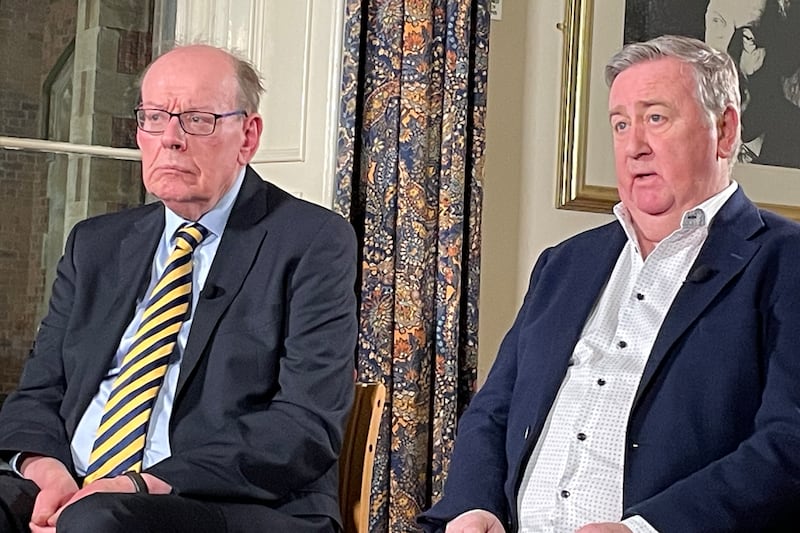RESEARCHERS at Queen's University have created the world's first '4D' printed implants for breast cancer patients that can reduce the chances of the disease returning.
The 'smart' implants have been created using cutting-edge technology, and are programmed to change size by themselves to better fit a patient's body.
4D printing is similar to 3D printing, but creates objects with smart materials that can change shape through environmental stimuli such as temperature, light or a magnetic field.
In a first for 4D tech, the QUB team designed implants that change shape within a patient's body to better fit the breast cavity following a masectomy resulting from cancer.
The implants can also release chemotherapy drugs to protect patients from the return of cancer cells.
The QUB team behind the project is led by Professor Dimitrios Lamprou, and the work was carried out in collaboration with Professor Luca Casettari from the University of Urbino Carlo Bo in Italy.
Read more: AI model may predict if aggressive breast cancer will spread, research suggests
Read more: Scientists discover a new way to help prevent breast cancer ‘time bomb'
Their groundbreaking research has been published in the Science Direct journal.
Around 1,400 women in Northern Ireland are diagnosed with breast cancer every year. Worldwide, it is the most common cancer diagnosed in adults.
It is hoped 4D printed implants can be prepared in hospitals as part of direct treatment of patients, reducing healthcare costs.
Professor Dimitrios Lamprou, who is the chair of Biofabrication and Advanced Manufacturing at QUB's School of Pharmacy, said: “This innovative idea started after discussions with doctors and patients, explaining us the challenges in operation, management and everyday life.
"By making - for the first time - these 4D printed implants, the breast cavity after surgery can be covered with an implant that mimics the elasticity of the breast and provides better management of breast cancer by releasing a chemotherapeutic drug that will 'keep away' the return of the tumour.”
QUB's Dr Niamh Buckley, who also worked on the project, said: “Chemotherapy plays a crucial role in the treatment of breast cancer, but it is associated with harsh side effects. The use of technology such as this, which allows a concentrated delivery of the drug just to where it is needed, can help make treatment more effective and kinder.”








